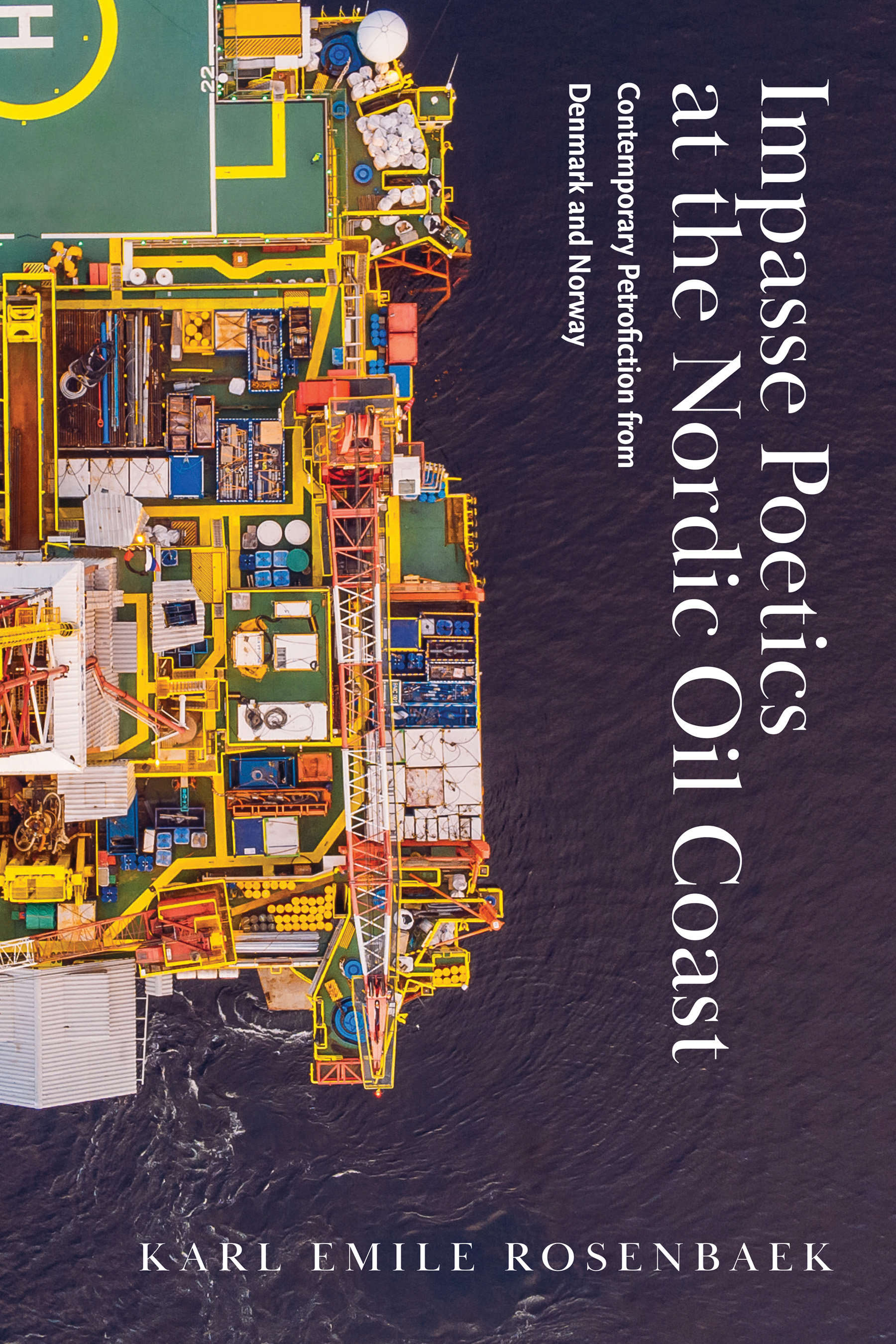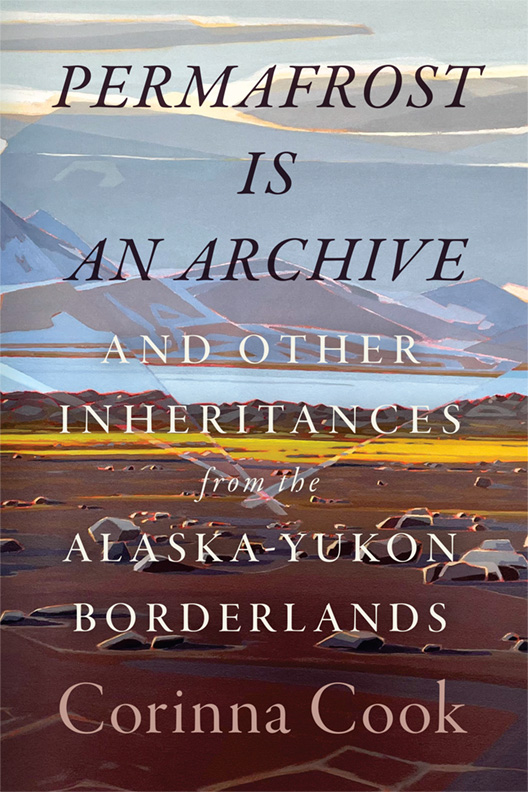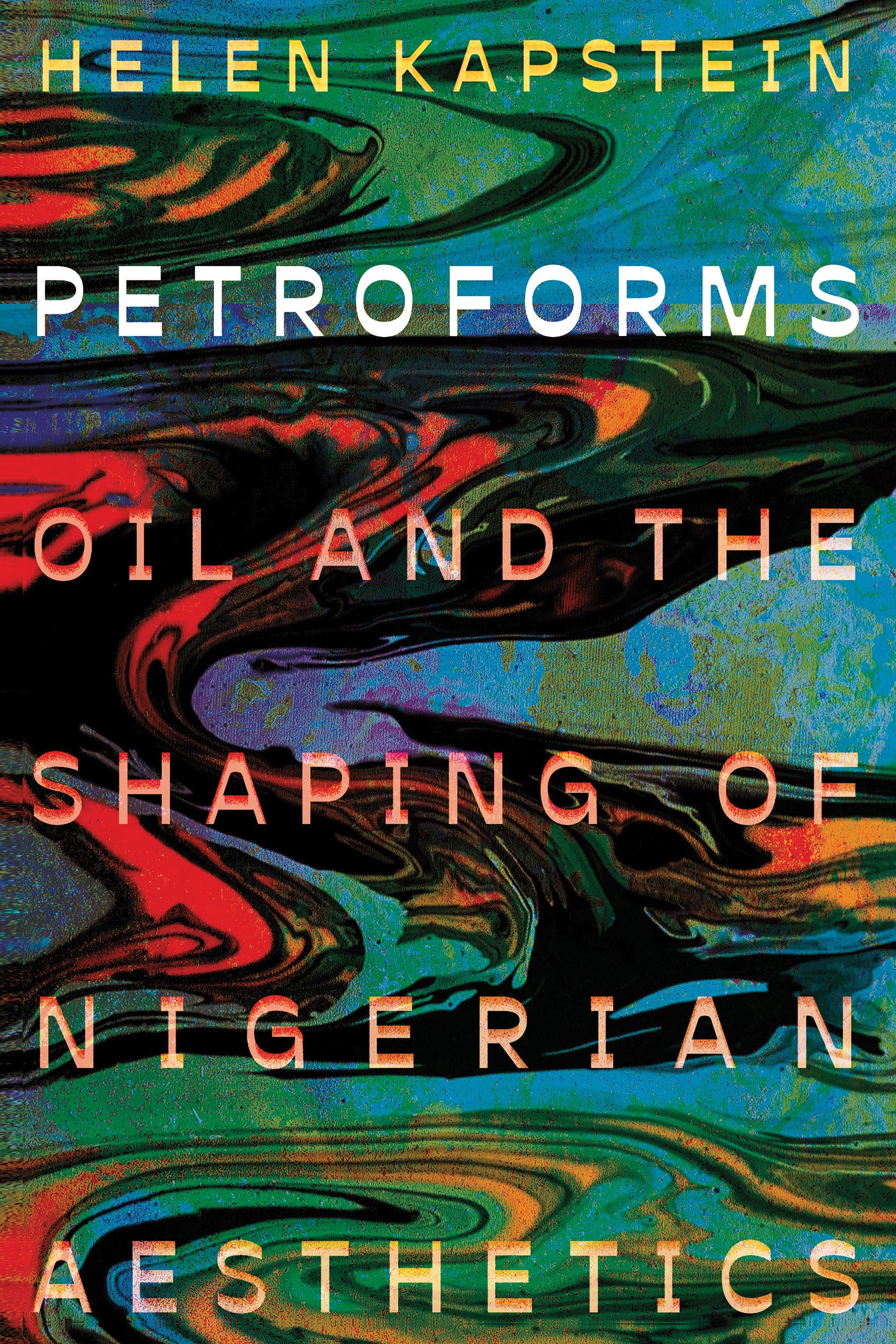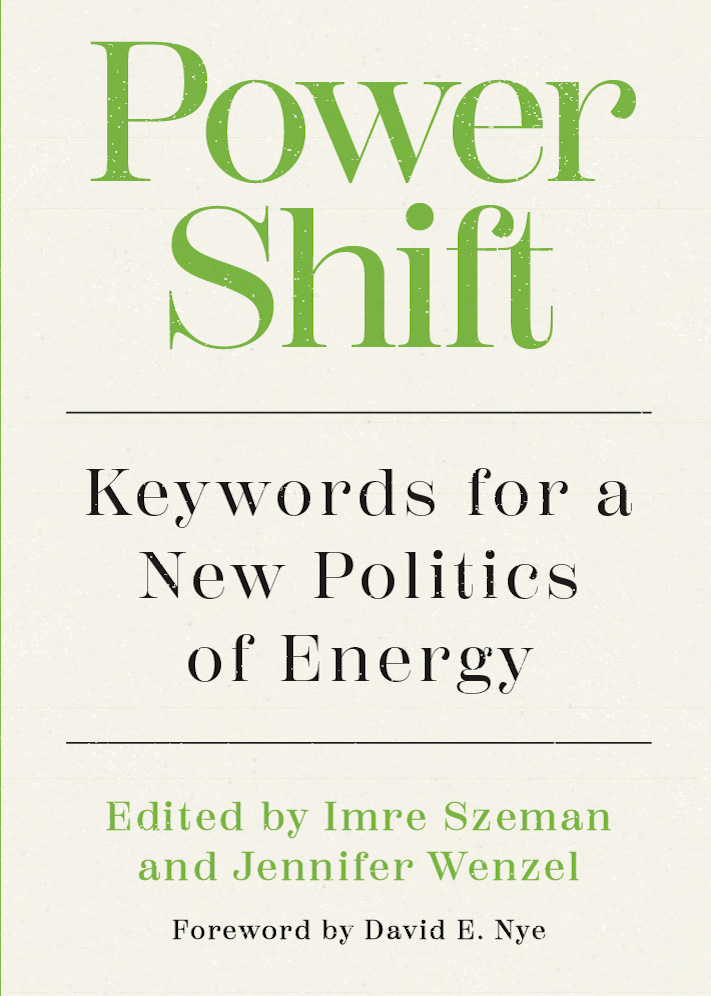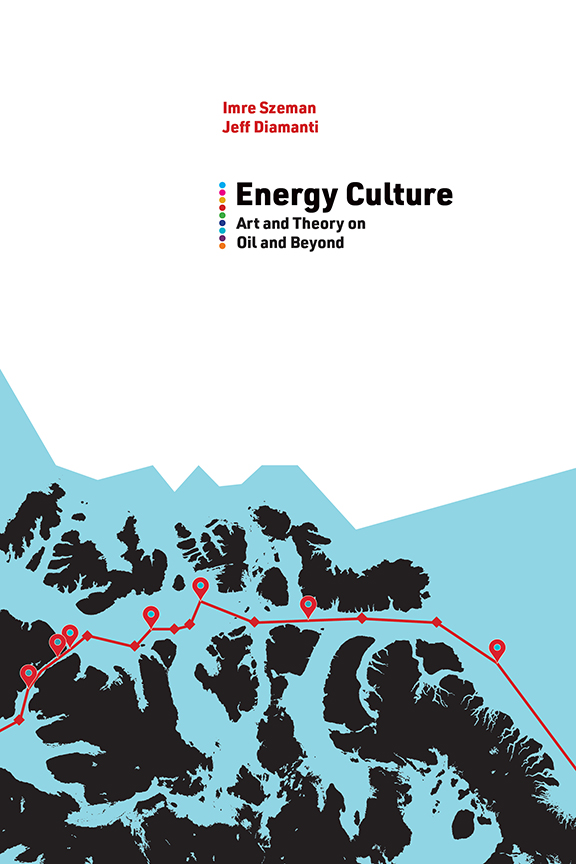
November 2019
276pp
PB 978-1-949199-12-3
$34.99
CL 978-1-949199-11-6
Out of print
Energy and Society Series
Summary
Energy Culture is a provocative book about oil’s firm grip on our politics and everyday lives. It brings together essays and artwork produced in a collaborative environment to stimulate new ways of thinking and to achieve a more just and sustainable world.
The original work collected in Energy Culture creatively engages energy as a social form through lively arguments and artistic research organized around three vectors of inquiry. The first maps how fossil fuels became, and continue to be, embedded in North American society, from the ideology of tar sands reclamation projects to dreams of fiber optic cables running through the Northwest Passage. The second comprises creative and artistic responses to the dominance of fossil fuels in everyday life and to the challenge of realizing new energy cultures. The final section addresses the conceptual and political challenges posed by energy transition and calls into question established views on energy. Its contributions caution against solar capitalism, explore the politics of sabotage, and imagine an energy efficient transportation system called “the switch.” Imbued with a sense of urgency and hope, Energy Culture exposes the deep imbrications of energy and culture while pointing provocatively to ways of thinking and living otherwise.
Contents
Acknowledgments
Introduction / Imre Szeman and Jeff Diamanti
Part I: Mapping Energy Culture
1 Oil on Water / Ernst Logar
2 Trespassage / Mél Hogan
3 The Ocean and the Cloud: Material Metaphors of Hidden Infrastructure / Jayne Wilkinson
4 Walking Matters: A Peripatetic Rethinking of Energy Culture / Mary Elizabeth Luka
5 Several Documents Pertaining to the Cascade Energy (transition) Park Corporation Corporation (CORPCORP) / Marissa Benedict, Cameron Hu, Christopher Malcolm, and David Rueter
6 Sustaining Petrocultures: On the Politics and Aesthetics of Oil Sands Reclamation / Jordan Kinder
Part II: Figuring Energy Culture
7 Capitalism in the Corpse of a Whale / Ackroyd and Harvey
8 Tilting at Windfarms: Towards a Political Ecology of Energy Humanism and the Literary Aesthetic / David Thomas
9 Embodied Actants, Fossil Narratives / Maria Michails, Interviewed by Andrea Zeffiro
10 The Energy Apparatus / Am Johal
11 Aeolian Survey / Hannah Imlach and Thomas Butler
12 Anecdotal Encounters on Driveways: The Aesthetics of Oil in Northern Alberta and Newfoundland / Megan Green
13 Energy Meets Telepathy Aesthetics and Materialist Consciousness / Jacquelene Drinkall
Part III: The Politics of Energy Culture
14 Rejecting Solar Capitalism / Jenni Matchett
15 The Switch / Keller Easterling
16 Beyond Carbon Democracy: Energy, Infrastructure, and Sabotage / Darin Barney 0
17 Strike / Antonio Negri
18 Energized Antagonisms: Thinking Beyond “Energy Culture” / Matthew Huber
19 Vortex of Light (Ice Memoriam) / Maya Weeks
Contributors
Index
Author
Imre Szeman is University Research Chair of Communication Arts at the University of Waterloo. His recent books include On Petrocultures: Globalization, Culture, and Energy (WVU Press), After Oil (WVU Press), Energy Humanities: An Anthology, and Fueling Culture: 101 Words for Energy and Environment.
Jeff Diamanti teaches literary and cultural analysis at the University of Amsterdam. He is the editor of Contemporary Marxist Theory, Materialism and the Critique of Energy, and The Bloomsbury Companion to Marx, as well as a special issue of Reviews in Cultural Theory on energy humanities and a double issue of Resilience: A Journal of the Environmental Humanities on climate realism.
Reviews
“An exemplary multidisciplinary approach to entangled questions of energy, politics, and aesthetics. Energy Culture should excite and inspire an interdisciplinary community of scholars, artists, and activists; it not only points to possible ways forward for thinking and acting, but also offers tangible, provocative examples of what our creative and critical practices might do.”
Thomas S. Davis, author of The Extinct Scene: Late Modernism and Everyday Life



